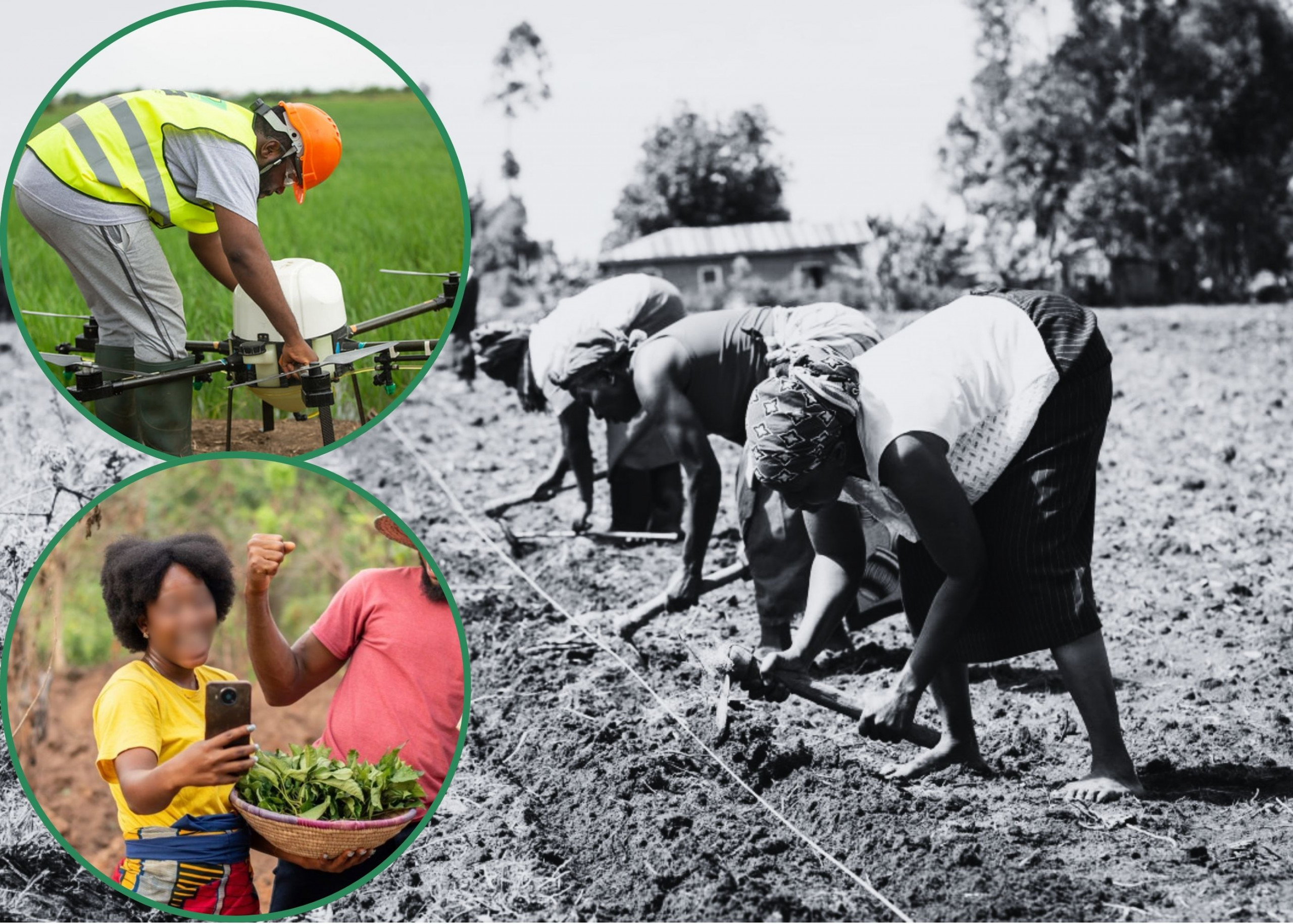News in Brief:
– The UN agencies have partnered to empower smallholder farmers with technology to improve food security and nutrition.
– This partnership aims to address the challenges of food insecurity in developing countries by providing farmers with accessible and affordable tools to increase productivity and resilience.
The Food and Agriculture Organization of the United Nations (FAO), the Islamic Development Bank (IsDB), and the International Fund for Agricultural Development (IFAD) have announced a new partnership to enhance global food security and nutrition.
This trilateral agreement focuses on providing rural smallholder farmers with accessible, affordable, and adaptable technologies to improve their livelihoods and ensure food security.
Addressing food insecurity challenges through sustainability
Dr. Mansur Muhtar, IsDB’s Vice President of Operations, highlighted the pressing challenges of food insecurity and malnutrition faced by many IsDB Member Countries, particularly among small-scale farmers and pastoralist communities.
“Our partnership with FAO and IFAD will play a pivotal role in identifying technologies suitable for integration into IsDB’s Food Security Response Program (FSRP) and other agricultural initiatives”, he stated.
Additionally, he noted the importance of the partnership in identifying and implementing suitable technologies to address these issues.
AbdulHakim Elwaer, FAO Assistant Director-General for the Near East and North Africa, noted the increasing rates of food insecurity and malnutrition in the region and the critical role of smallholder farmers in addressing these challenges.
“A majority of countries in the Near East and North Africa region projects increasing rates of food insecurity and malnutrition,” he said. “These challenges are particularly more prevalent amongst small-scale farmers and pastoralist communities. The new tripartite cooperation between FAO, IsDB and IFAD will facilitate identification of technologies that have the potential for mainstreaming throughout the crop value chain to improve livelihoods of smallholder farmers and food security among the entire populations.”
Furthermore, he emphasised the potential of the tripartite cooperation to improve livelihoods and food security through technology adoption.
Leveraging technology for rural development
Additionally, Thouraya Triki, IFAD’s Director of Sustainable Production, Markets, and Institutions Division, highlighted the importance of technology in supporting sustainable agricultural development and food security.
She emphasised the need for increased capacities and accelerated innovation to reach the United Nations Sustainable Development Goals and Saudi Vision 2030.
Essentially, the partnership aims to:
- Support the development of low-carbon agriculture.
- Improve resilience to climate-related risks.
- Contribute to poverty alleviation and employment creation.
- Enhance agricultural productivity and sustainability.
- Empowering Rural Households.
It represents a synergistic collaboration that leverages the expertise and resources of the agencies to empower rural households and smallholder family farmers. Overall, the partnership seeks to cultivate a sustainable and resilient food supply, fostering prosperity for communities worldwide, by providing cutting-edge technologies.



